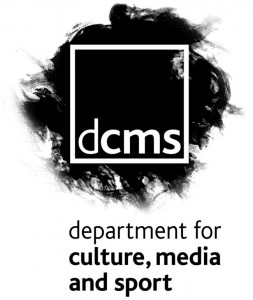 Getting on for a year after it was published the DCMS Community Radio consultation response is finally about to be available. On the cusp of its publication we thought we’d stick our necks out and review what’s at stake. We reserve the right to update this post in the coming days!
Getting on for a year after it was published the DCMS Community Radio consultation response is finally about to be available. On the cusp of its publication we thought we’d stick our necks out and review what’s at stake. We reserve the right to update this post in the coming days!
Just in case you cannot remember, it asked for opinions on four key questions:
- The lifting of the restriction on community radio stations preventing them from taking any income from on-air advertising or sponsorship if they overlap with a commercial radio licence whose coverage area includes 150,000 adults or fewer.
- On the restrictions preventing community radio stations from taking more than 50% of their annual income from on-air advertising and sponsorship, if they remain appropriate, and what, if any changes, are justifiable.
- On the case for further licence extensions for community radio stations in the event of a decision to implement a radio switchover.
- On improving the effectiveness of the Community Radio Fund.
Associated Broadcast Consultants responded to the consultation last year. Our response probably won’t win us many friends in the Commercial radio sector, but we like to believe it was considered and balanced:-
- Of course the advertising restrictions with overlapping small commercial stations should be scrapped. Heck, if you are worried by the threat from a band of part-time volunteers running a not-for-profit venture, then actually you’ve got bigger things to worry about! In any case, many of these so-called small stations are actually the local outlet for one of the semi-national radio brands like Heart or Breeze. It’s akin to saying Oxfam aren’t allowed to sell clothes if there is already a Next shop on the High Street!
- Of course the 50% funding rule should be scrapped. The main business of a Community Radio station should be producing good radio, not scratching about running cheese and wine parties, jumble sales etc to diversify funding away from advertising. If this rule applied to newspapers then we wouldn’t have the Metro free newspaper to read on the way to work.
- Licence extensions – should be judged upon the merit/track record of the station and the scarcity (or not) of FM frequencies in the area
- Community Radio Fund is a dangerous distraction. It risks breeding a dependency culture, and due to its lottery nature cannot be relied upon for stable business planning. We suggested scrapping the fund and using the funds released to set-up a national advertising agency for the community stations. Hopefully over time this would become self-funding.
It remains to be seen what the actual response will say in the coming days. Our guess is that the incumbent broadcasters will win some concessions, but also they will throw a few changes in to try and keep the community radio broadcasters quiet, whilst also alluding to the potential of “Low Cost DAB”.

